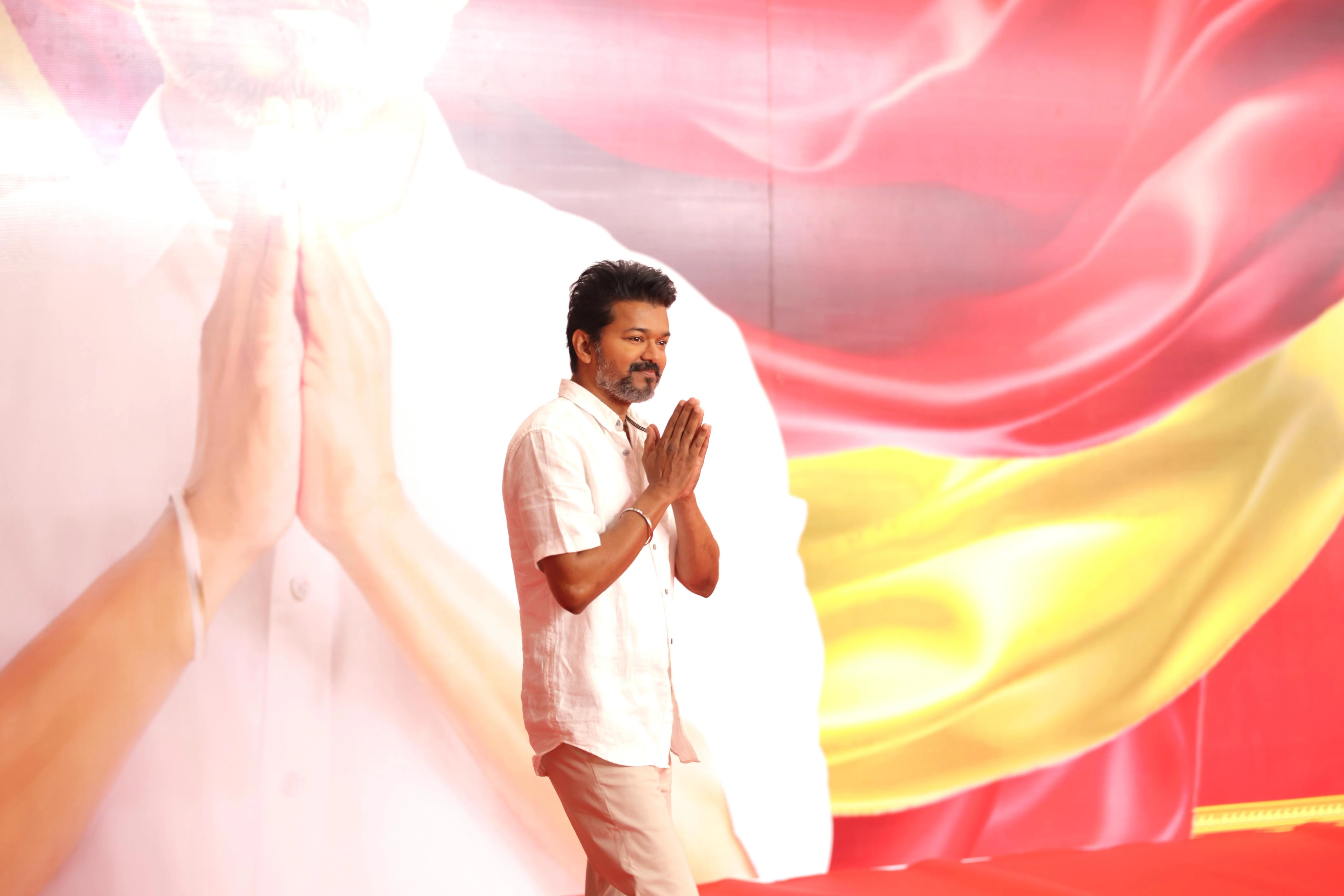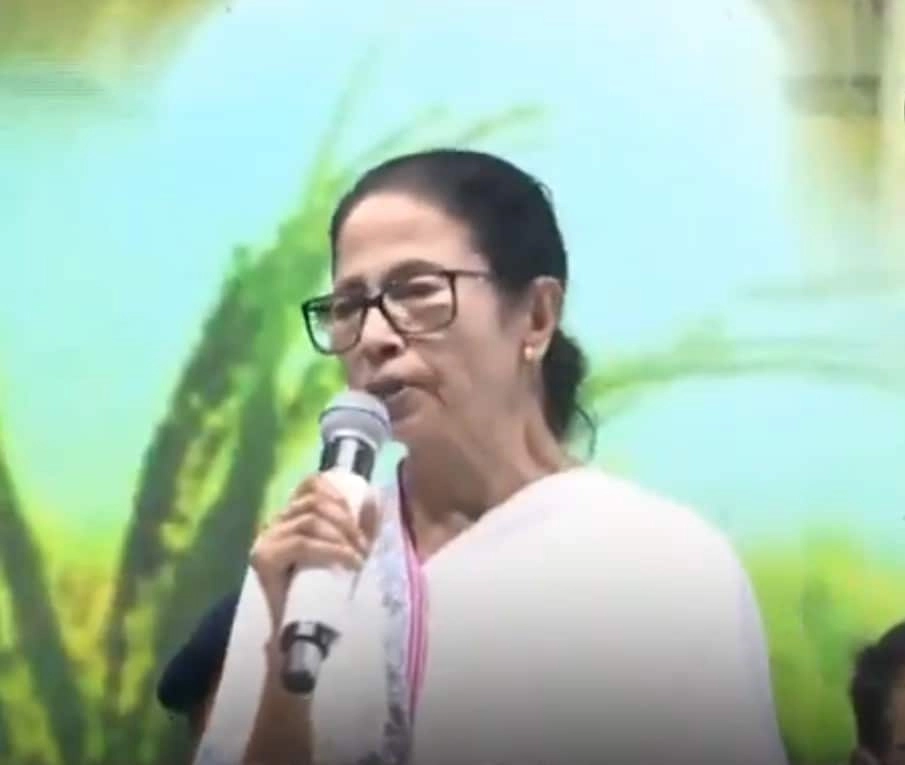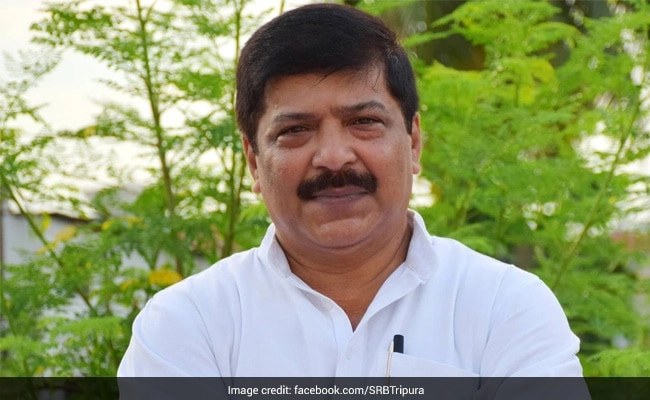Actor Vijay, a prominent figure in the Tamil film industry, has recently taken a significant legal step by challenging the constitutionality of the Waqf Act in the Supreme Court of India. This move has garnered considerable attention, as it intertwines the realms of celebrity influence and legal discourse. The Waqf Act, enacted to regulate the administration of Muslim charitable endowments, has been a topic of debate regarding its implications on property rights and religious freedoms. Vijay’s challenge raises questions about the balance between individual rights and community regulations, prompting a broader discussion about the role of the judiciary in interpreting such laws.
In his petition, Vijay argues that certain provisions of the Waqf Act may infringe upon the fundamental rights guaranteed by the Indian Constitution. His legal team contends that the Act, while aimed at protecting the interests of the Muslim community, could inadvertently undermine the rights of individuals, particularly in matters of property ownership and inheritance. This legal challenge is not merely a personal endeavor for Vijay; it reflects a growing concern among various stakeholders about the potential overreach of community-specific laws and their impact on individual liberties.
Vijay’s involvement in this legal battle has sparked a wider conversation about the intersection of celebrity culture and social issues. As a beloved actor with a massive following, his actions could influence public opinion and encourage discussions about the necessity of reforming laws that may not align with contemporary values. The Supreme Court’s decision on this matter could set a precedent for similar challenges in the future, affecting not only the Waqf Act but also other laws perceived as discriminatory or restrictive. As the case unfolds, it will be crucial to observe how the judiciary navigates these complex issues and the implications of its rulings on the rights of individuals versus community regulations.
The upcoming hearings in the Supreme Court will be closely watched by legal experts, social activists, and the general public alike. Vijay’s challenge highlights the importance of legal scrutiny in ensuring that laws serve their intended purpose without infringing upon the rights of individuals. This case could be a pivotal moment in the ongoing dialogue about the balance between community interests and individual freedoms in India, emphasizing the need for laws that are both equitable and just. As the legal proceedings progress, they will undoubtedly contribute to the evolving landscape of civil rights and governance in the country.




